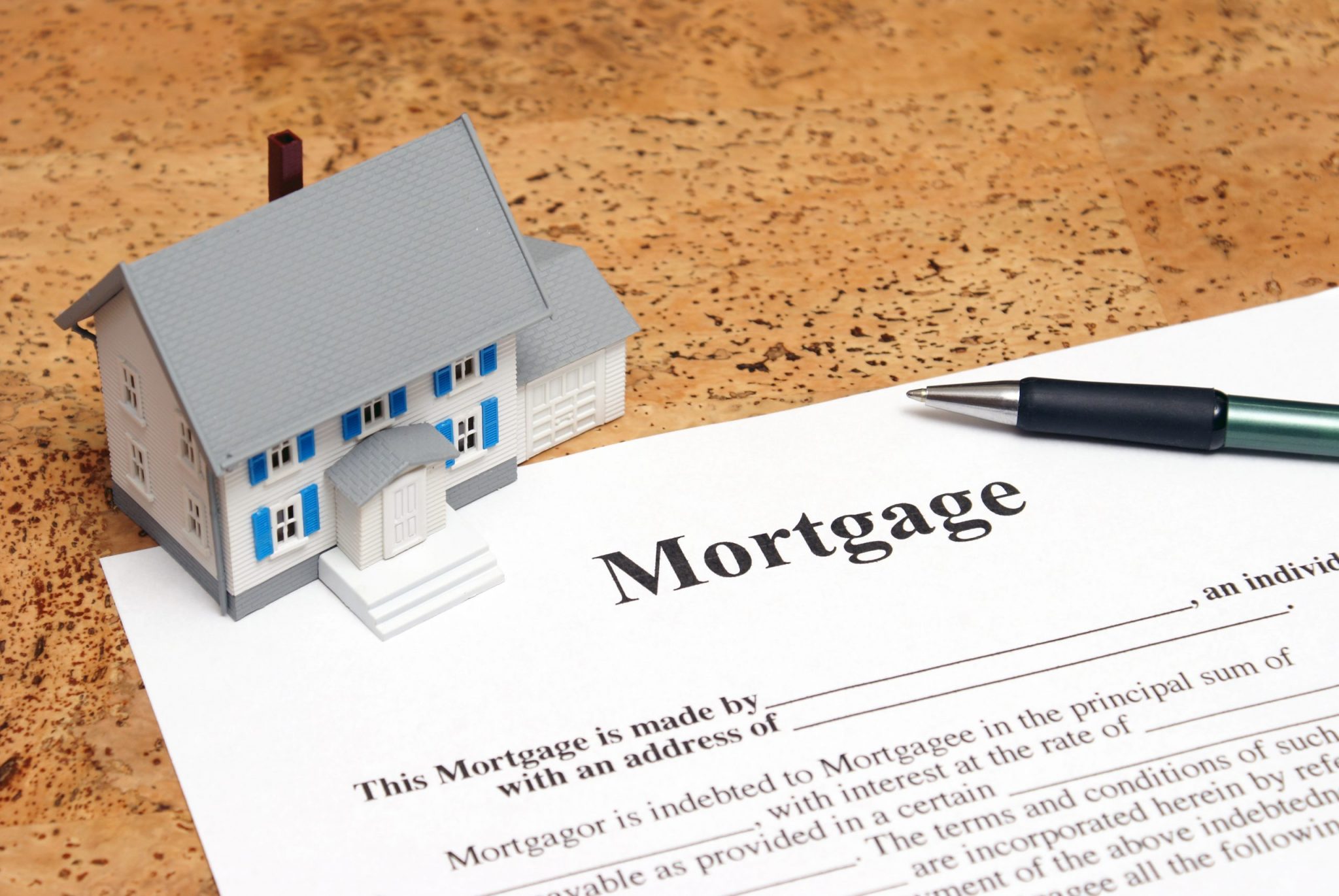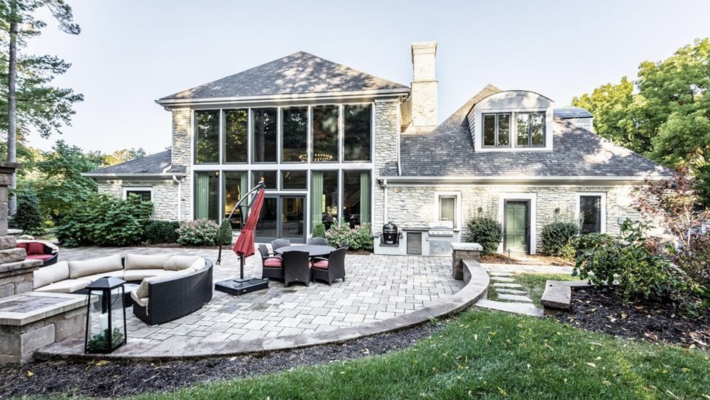Buying a home is exciting — and a little scary. After all, this is one of the biggest purchases you’ll ever make. You have a lot of different decisions that you have to make, not the least of which is the lender you plan to use.
There are so many different lenders out there, it’s hard to narrow your options. Asking a few smart questions, however, can make it easier. Here are the top 10 questions you should ask a potential lender before you sign any papers:
1. What Type of Loan Is Best for Me?
Not all mortgages are built alike. There are fixed-rate mortgages that are usually 30-year loans, but you can save money by choosing a 15-year or 20-year loan instead. There are also adjustable-rate mortgages, where the interest rates change over time. FHA loans can assist some buyers, especially those who are working with small down payments or lower credit scores. Loans backed by the U.S. Department of Veterans Affairs have special benefits for veterans, but they also come with other restrictions. Your lender should be willing to sit down and discuss the pros and cons of each type for your situation.
2. Are You Pulling My Credit Today?
Every time there’s a “hard” pull on your credit, you run the risk that your score will go down, so you don’t really want a potential lender to pull those reports until you’re serious about applying for the loan.
Get a clear idea of your credit score before you talk to a would-be lender. Don’t sign consent forms allowing a hard credit pull until you’ve narrowed your choices down to just a couple of lenders and are ready to talk in earnest about a loan.
3. What Kind of Income Do I Need?
Lenders don’t just look at the amount of money you have coming in each month, they look at the source of that income. While the “gig economy” is booming, many lenders don’t consider self-employment income to be stable enough to back a loan. Make sure your potential lender understands your work history and your sources of income when you’re talking to them about the possibilities of a loan. That way, neither of you are unpleasantly surprised down the road.
4. How Much Can I Borrow?
You can’t effectively shop for a home unless you know what you can afford to buy. Your potential lender should be willing to discuss dollar figures with you fairly early after asking questions about your income, credit score and available down payment. This is generally called the “prequalification” process.
Don’t confuse a prequalification for a preapproval, however. Getting prequalified is mostly for your information, and is based on unverified information only. Pre-approval can give you a clearer, more affirmative picture of your buying power and make you a more attractive buyer to sellers, but it also requires much more documentation to get that commitment from the bank.
5. How Much of a Down Payment Do I Need?
Conventional wisdom says you need 20% of the purchase price for a down payment — but the reality is that many different loans allow you to put down far, far less. These days, you definitely want to inquire about your options because qualified buyers can find loans that allow them to pay only 10%, 5% or even nothing down.
6. What Kind of Closing Costs Will I Pay?
Closing costs are paid to the lender for their work on your loan and can include origination fees, title insurance, appraisal fees, and more. Ask your lender which closing costs are required, which are optional and what room you have for negotiation.
7. What Interest Rate Can I Get?
This is probably one of the few things that all consumers know they need to consider. If the interest rate a lender is offering you seems excessively high compared to other rates you’ve seen advertised for your credit range, why are you being charged more? Is there a way to lower that number?
You also want to find out if you can lock in your loan rate with a specific lender, especially if you think there’s a chance that interest rates will climb before you’re done shopping for a home.
8. Is There a Prepayment Penalty?
A lot of people take a 30-year loan to get the lower monthly payment it offers and then pay extra on the mortgage principal whenever they can afford it to reduce the length of the loan. If your lender charges a prepayment penalty for early payoffs, that can prove problematic. Make sure that your lender is flexible about prepayments.
9. How Long Does It Take to Fund a Loan?
Your loan officer isn’t the person who approves your mortgage loan. That job goes to the underwriters who review what the loan officers send in. Some lenders will make the process quicker and easier on customers by handling the underwriting process in-house.
Even if your chosen lender doesn’t do this, however, they should be able to give you a fairly good idea of how long it will take to hear the final word on your loan.
By no means are these the only questions you can ask a potential lender. A mortgage is a very big deal. Take your time as you go through this process and make sure that you understand everything about the financial commitment you’re about to make.




